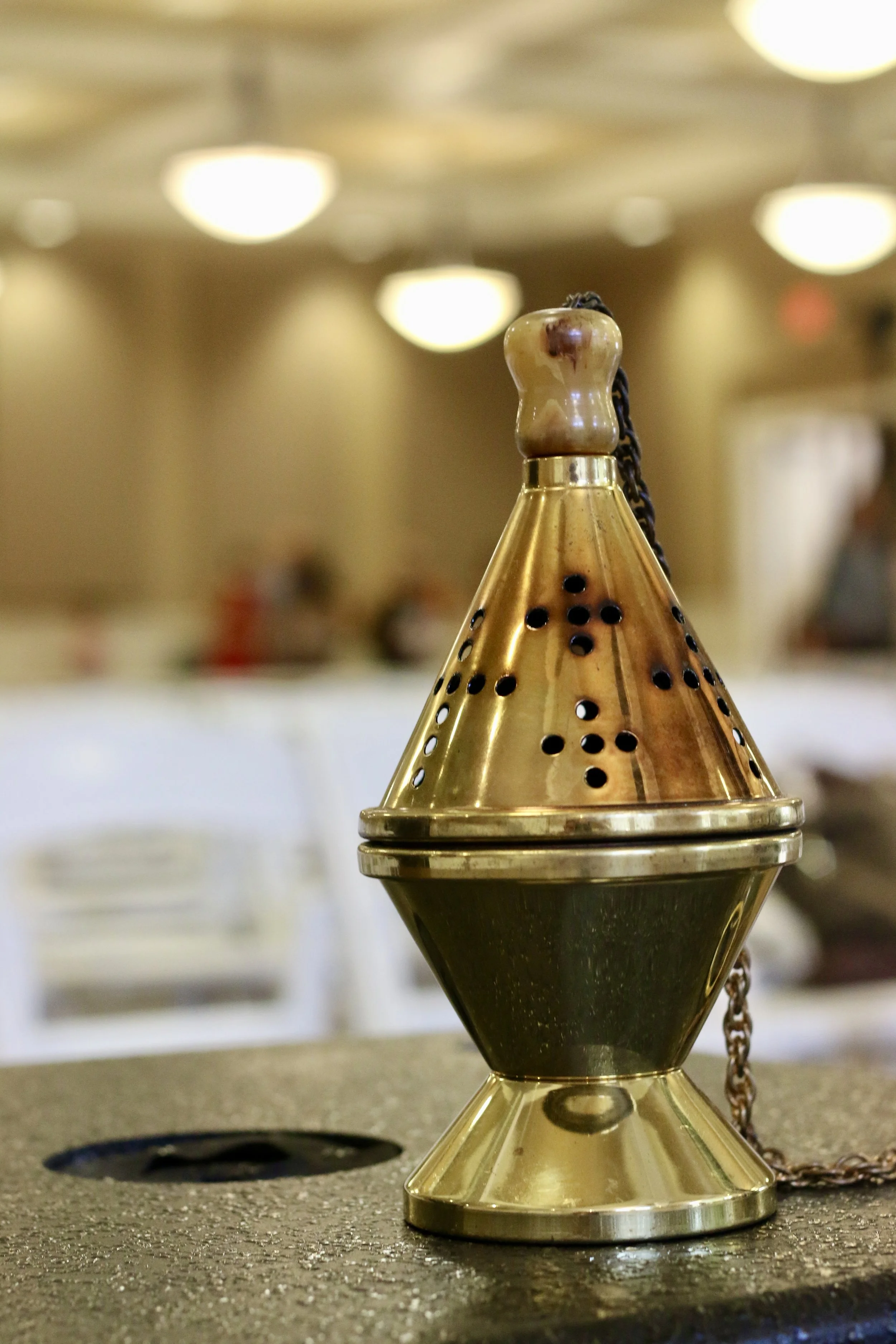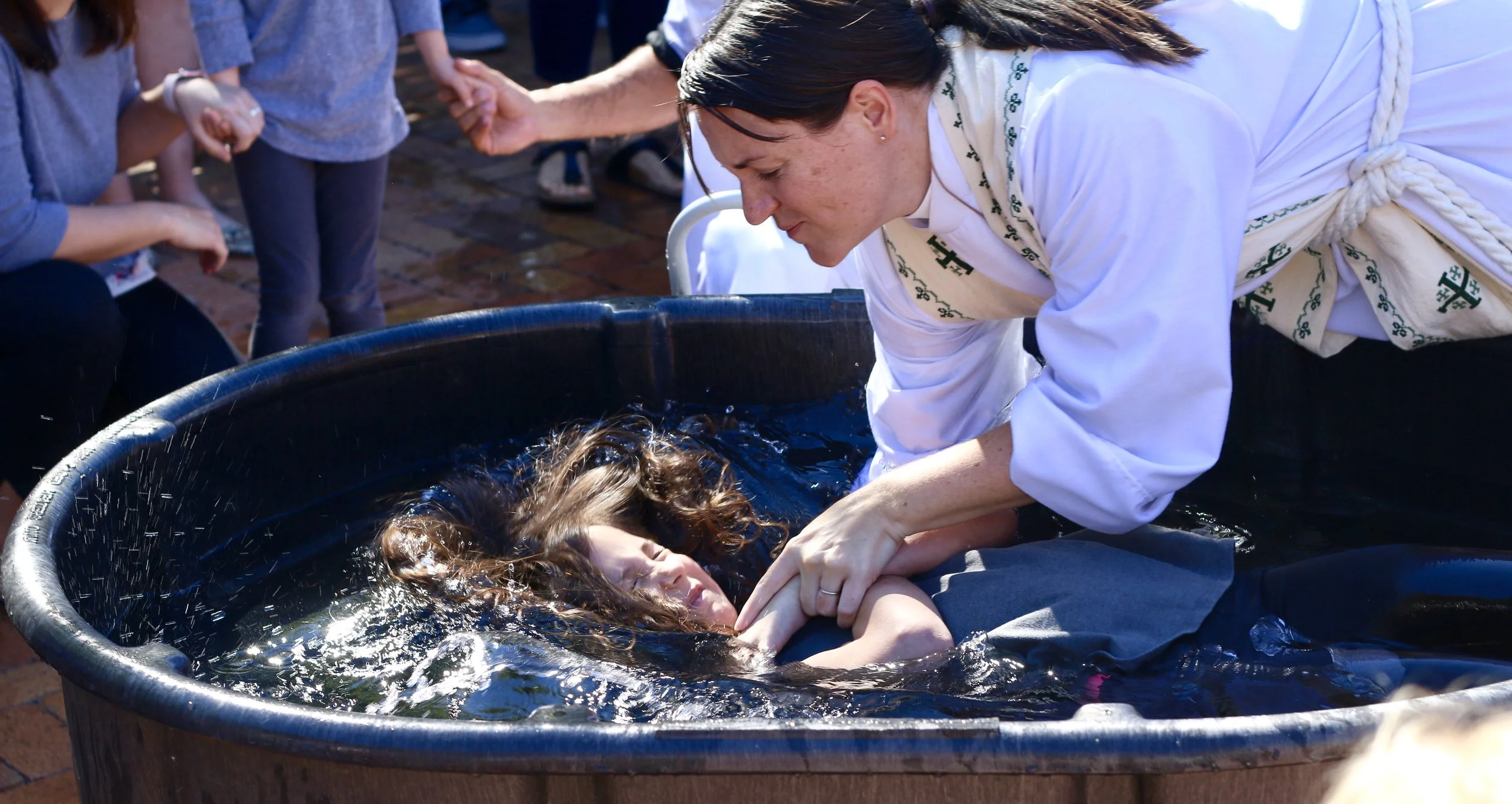The Scent of God
When our adopted son, Sebastian, arrived on the afternoon of March 28, 2017, at the Woman’s Hospital of Texas, the nurses handed his frightfully small body, still slick with the amniotic fluid of his birth mother, to my wife and me.
Our social worker, Sara, urged us immediately to hold him skin to skin (often called “kangaroo care”) without delay.
Such skin-to-skin contact, she explained, would cause a release of oxytocin, known as the love hormone, and would forge a crucial emotional bond between us.
It was important that he learn what we smelled like in these first few hours of his life outside of the womb.
This is, of course, what scientists have known for a long time. Neurobiologist Lise Eliot remarks: “for newborns, whose ‘long-distance’ senses of vision and hearing are still poorly developed,” the more immediate sense of smell, or what is often called the proximal sense, is far more important in assuring adequate growth and parental protection.
It is also the case that each of us has a one-of-a-kind smell. “It’s like a fingerprint,” observes neuroscientist Johan Lundström, that binds us to each other in powerful ways.
Matthew Cobb, a professor of zoology, adds that the frontal areas of the brain account for the close link between high olfactory abilities and spatial memory.
In the case of our son Sebastian, the scent of our skin would become a way for him to know what “home” with us smells like.
Something similar is at work, I think, where God decides to link the smell of the tabernacle, the place of concentrated divine presence that functioned for Israel as “the house of the Lord,” to a specific cocktail of spices.
To put it another way, God commissions Moses to create a specific incense and then trademarks it.
As I write in my book, A Body of Praise, the science of smell helps us to understand why certain smells—flowers, frankincense, holy oil, loamy soil, grandma’s perfume, beeswax candles, chlorinated baptismal waters, 1970s carpet, homemade Eucharistic bread—are so central to our experience of worship and how they can play a positive, active and formative role in our faithful prayers and praises.
I find all of it immensely fascinating business, how the “Book of Nature” coheres to the “Book of the Soul,” and won’t ever tire of studying it.




